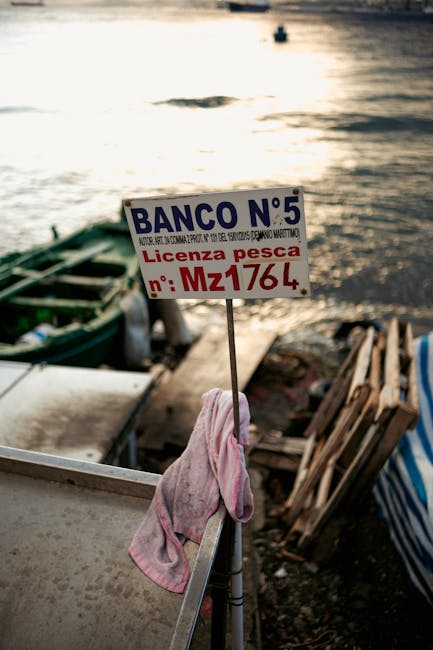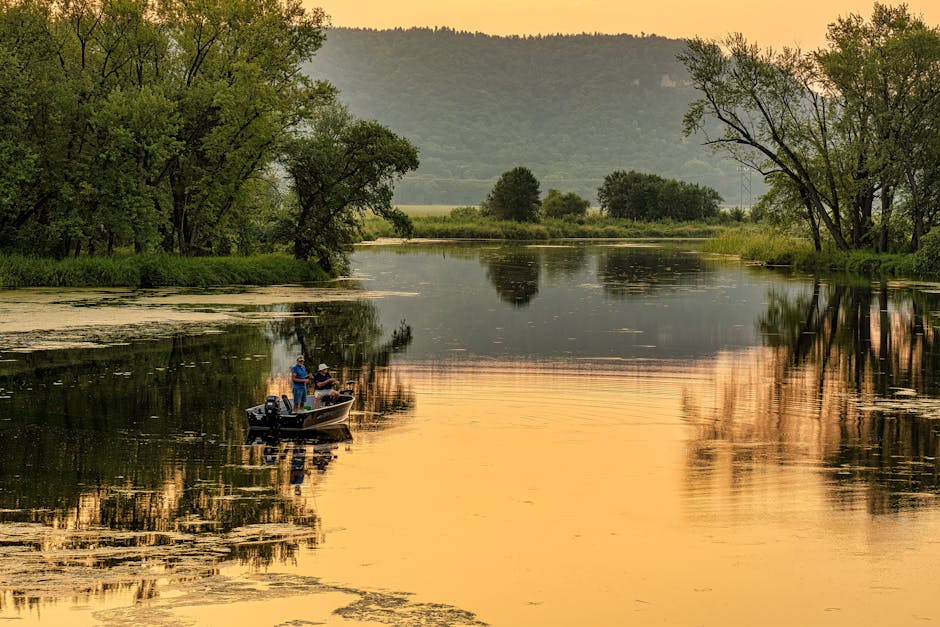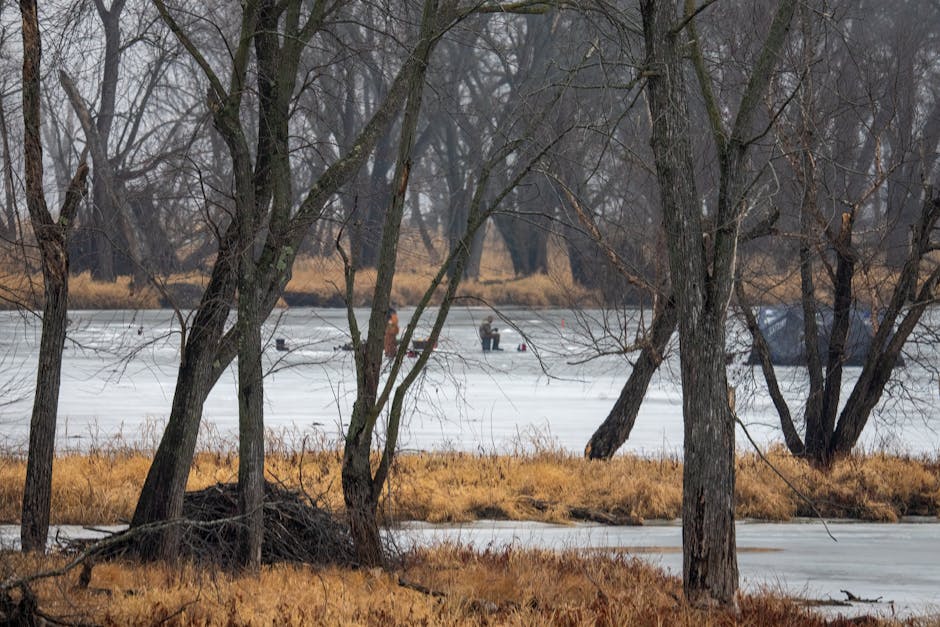Your Complete Guide to Wisconsin Fishing Licenses: Regulations, Types, and Online Application
Planning a fishing trip in Wisconsin? Before you cast your line, you’ll need a valid Wisconsin fishing license. This comprehensive guide will walk you through everything you need to know about obtaining, understanding, and utilizing your license, ensuring a smooth and legal fishing experience in the Badger State. We’ll cover license types, regulations, online application processes, and frequently asked questions to make your trip hassle-free.

Understanding Wisconsin Fishing License Requirements
Wisconsin’s Department of Natural Resources (DNR) manages fishing licenses, and adhering to their regulations is crucial. Failure to possess a valid license can result in significant fines. The specific requirements depend on factors such as your age, residency status, and the type of fishing you plan to undertake. Let’s break down the essentials:
Who Needs a Wisconsin Fishing License?
Generally, anyone aged 16 and older needs a Wisconsin fishing license to fish in public waters. There are exceptions for certain individuals, including:
- Residents under the age of 16
- Non-residents fishing with a licensed resident who is 16 or older (under specific conditions, usually limited to one non-resident per licensed resident)
- People fishing on private land with the landowner’s permission (Note: Public waters still require a license)
- Individuals participating in certain permitted fishing events or competitions
It is essential to verify the specific conditions and any potential exceptions through the Wisconsin DNR website before you go.
Types of Wisconsin Fishing Licenses
Wisconsin offers several types of fishing licenses to cater to different needs and fishing styles:
- Resident Annual License: For Wisconsin residents, this provides year-round fishing privileges.
- Non-Resident Annual License: For those visiting Wisconsin from other states or countries, this provides a year of fishing access.
- Resident Short-Term License: Available for shorter durations, offering flexibility for occasional anglers.
- Non-Resident Short-Term License: Similar to the resident short-term license, but designed for visiting anglers.
- Youth License: Available for residents under the age of 16 (often free or heavily discounted).
- Combination License: Bundles a fishing license with other permits, such as a hunting license or a trapping license, potentially offering cost savings.
Choosing the right license type ensures you’re legally covered for your fishing activities. Carefully review each option’s details on the DNR website to make an informed decision.
Applying for Your Wisconsin Fishing License
The most convenient way to obtain your Wisconsin fishing license is online through the DNR’s website. This eliminates the need for in-person visits and allows for 24/7 access. Here’s a step-by-step guide:
Online Application Process:
- Visit the DNR Website: Navigate to the official Wisconsin DNR website’s licensing section.
- Create an Account: If you don’t already have one, create a customer account. You’ll need to provide some personal information.
- Select Your License Type: Choose the license that aligns with your residency status, age, and fishing plans.
- Provide Required Information: Accurately fill in all required fields, including personal details, address, and payment information.
- Pay the Fee: Securely pay the applicable license fee using the available online payment methods.
- Print or Download Your License: Once your payment is processed, download or print a copy of your license for immediate use. You may also be able to access it through your online account.
It is crucial to ensure you have a valid and up-to-date copy of your license accessible while fishing. Digital copies on your phone or a printed copy are acceptable, but ensure the information is legible and clearly displays your license number and expiration date.
Understanding Wisconsin Fishing Regulations
Beyond obtaining a license, it’s vital to be aware of Wisconsin’s fishing regulations. These rules are designed to ensure sustainable fishing practices and protect fish populations. Key regulations include:
Season and Creel Limits:
Specific seasons are established for various fish species. Creel limits restrict the number of fish of a particular species you can legally catch per day. These limits and seasons often vary depending on the body of water and the fish in question. Always refer to the current DNR regulations for detailed information.
Size Limits:
Many species have minimum size requirements. This protects younger, smaller fish, allowing them to reproduce and contribute to the fish population’s health. Discarding fish below the size limit is crucial for responsible angling.
Gear Restrictions:
Some bodies of water or for specific species may have restrictions on the type of fishing gear allowed. This might include limitations on the number of hooks, type of bait, or fishing methods.
Other Important Regulations:
Be familiar with regulations concerning the use of motorized boats, fishing in designated areas, and the proper handling and disposal of fishing waste. Always check for any new or updated regulations before you head out for your fishing trip.
Frequently Asked Questions (FAQs)
Here are some commonly asked questions about Wisconsin fishing licenses:
Q: Can I buy a license in person?
A: While online purchasing is encouraged, some license agents may still offer in-person sales. Check the DNR website for a list of potential agents near you.
Q: What happens if I lose my license?
A: You can usually access and reprint your license from your online account. Contact the DNR for assistance if needed.
Q: How long does the online application take?
A: The online application process is typically quick and straightforward, usually taking only a few minutes to complete.

Q: What happens if I fish without a license?
A: Fishing without a valid license is a violation of Wisconsin law and can result in substantial fines.
Q: Where can I find the most up-to-date fishing regulations?
A: The official Wisconsin DNR website is the most reliable source for current regulations.
Remember, responsible fishing is essential for maintaining Wisconsin’s rich aquatic resources. Obtain your license, learn the regulations, and enjoy the rewarding experience of fishing in the beautiful state of Wisconsin!


